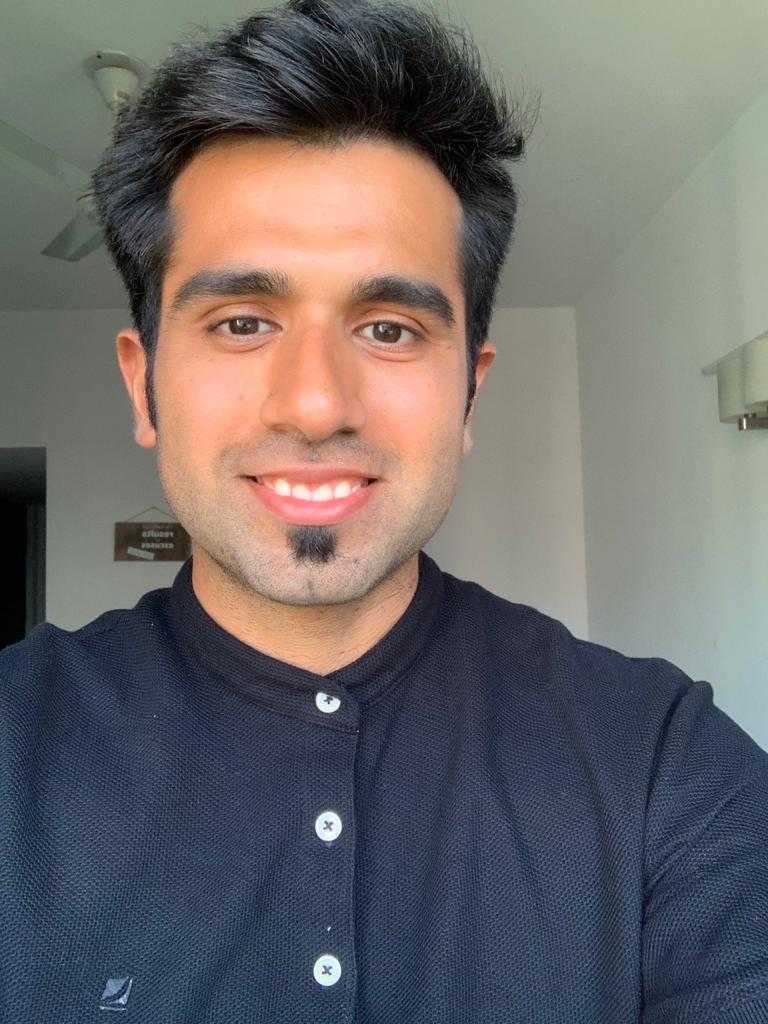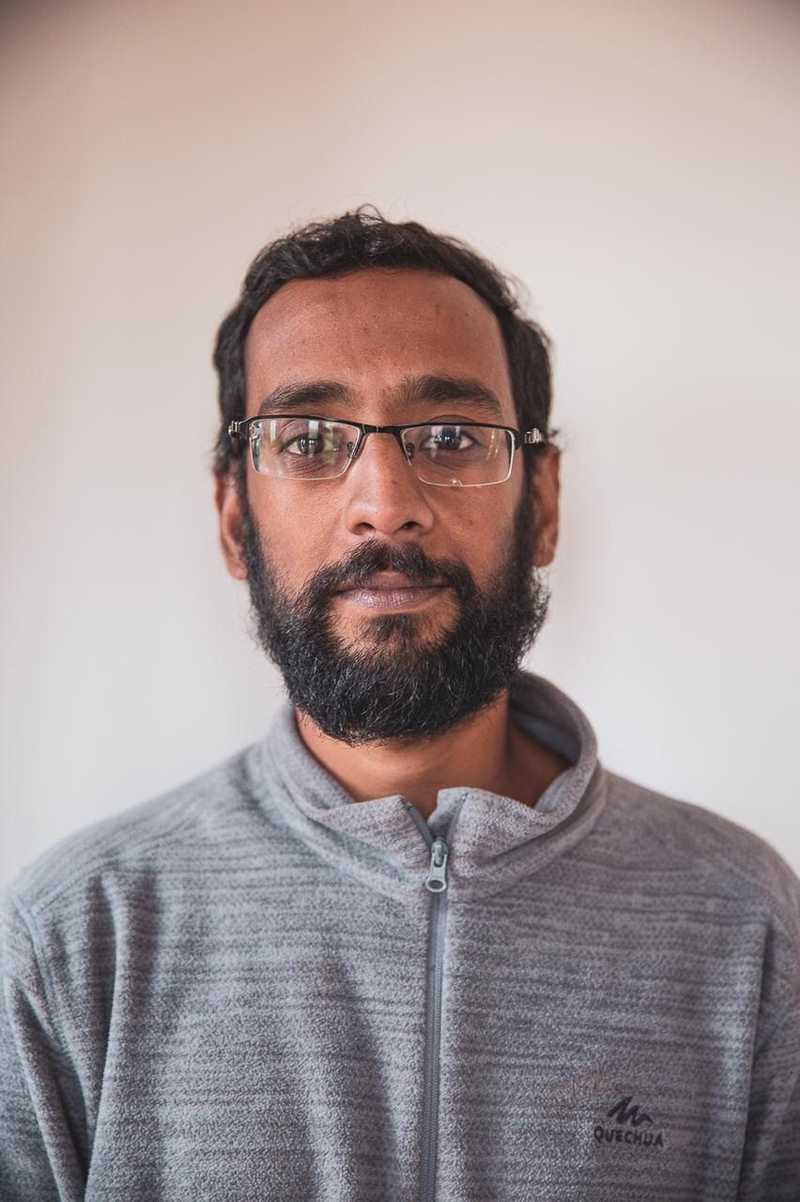Life is all about the route you take
What We Have In Store For You

Testimonials
First hand experiences of seniors and alumni curated just for you!

QnA
Confused on how to explore a field? Don’t know what lies ahead of you? Take a dive into these field specific QnAs
Which Field Are You Interested In
QnA
Each field of pure science has so many subfields. How can one figure out what he or she likes the most?
Devashi Gulati: If you have a free day with no social obligations and if you feel like opening a book of a particular subject to simply learn more, you might have a passion for that subject. If the teacher teaches X amount, and if you feel like doing X+1 (like just reading more about it, doing some extra questions from the book), you do have an innate curiosity for that subject. There might be subjects that you do not find fascinating enough to go that extra mile. You’ll just understand the syllabus, and while you will spend time thinking about those concepts, you might not feel like making the effort to do more. That means that subject doesn’t intrigue you enough. And you should never be troubled by the fact that there is more than one field that excites you. When you’re applying for a PhD, it isn’t simply the field that contributes, the advisor, the funding play an important role. We don’t live in an ideal world. You might prefer to go for the subject where the advisor is better and where the program is self-funded, even if that subject wasn’t on the top of your list of favorites. The bottom line is, choosing a subfield of interest is a decision that depends on multiple factors.
What are the traits of an entrepreneur?
Joyneel Acharya: One trait is risk taking , gut based intuition and a super structured mindset in terms of what you are learning, who you are speaking to etc. You have to be someone who takes control and makes things structured. Unless you are the CTO, you have to be a people's person, you have to motivate them and give them direction. It always helps if you have a little bit of technical knowledge. Even if you are a 16 yr old who is starting something, you have to build a network of people. Perseverance and patience are other qualities. You have to be smart, it's not like that in a traditional business as you can look at the other businesses around you, with a startup you require quick thinking and quick decision making. You have to be quick and think long term. It's a mix of both the left brain and the right brain.
What’s your take on MBA?
Anindita Dutta: One should not pursue MBA right after undergraduate. MBA courses aren’t something you’re gonna sit and learn. Most of them revolve around experiences-sharing your experience and learning from others’. And that’s how you’re gonna bond. If you come right after undergrad, you’d have nothing to anchor on. Yeah, at times, studying after a long time hits you slightly hard. But you need to realise that doing an MBA from an IIM or any other college isn’t the end of it. You need to keep reinventing yourself. It’s okay to go to school again. There’s always going to be some inertia, but learning is a part of the journey.
Joyneel Acharya: I feel that MBAs are reducing in value as we are progressing. The MBA boom was closer to 2000-2010, Those things are changing a bit. You can be at par with MBA people without doing MBA. MBA polishes you a bit and gives you a platform but it can be self learnt. If you are a bit entrepreneurial, you can carve out your own path. Oh, but international MBA is different as they ask for 4-5 yrs of work experience. In conclusion, MBA doesn’t hold as much charm now as it used to hold 10-20 years ago.
What is the ideal time to start competitive coding?
Varun Gupta: In the first year, I would encourage people to focus more on the CGPA, because that is a time when you can actually improve it a lot, it becomes difficult to improve it later on. Enjoy college life and build connections. But at the end of the first year, you should be able to write good and acceptable code in a particular language. The next thing is to learn data structures. At the start of 2-1, you should probably start exploring what data structures are and what their applications are, the time complexity calculations etc. So in 2-1, unless you're very keen on doing competitive coding, you can just do proper research into what all data structures, algorithms are there and just try and improve yourself on those. By 2-2, start exploring websites doing Competitive Coding questions on multiple topics including dynamic programming, graphs, and all of those complex data structures.
What kind of tasks are given to IT interns?
Varun Gupta: 1) Building a specific functionality, or Integrate some particular logic- The Mentor would transfer knowledge to the intern about the task and the intern would just be expected to write code for that particular thing. In case of an abstract task, the intern would have to figure out different ways to approach the problem statement and conclude on the best one. They would generally need to align the team on why some approach is better than the others. 2) Infrastructure based: Setting up some well-defined infrastructure for the service or the application.
Confused About Where To Begin?
I’d like to go through seniors’ opinions on a particular aspect. It’s a pretty generic topic, so I’d like the views of many seniors in a single place. Is there anywhere I can find that?
Absolutely! Check out the webpage of the field you’re interested in. We’ve collected some frequently asked questions (pertaining to that field) and have compiled advice from all seniors at a single place! Just click on the senior’s name to read what he/she has to say on that topic.
My story is a little different. I’m looking to pivot to a field that’s different from my branch. I want to know if there’s a senior who’s done the same.
We’ve got you covered! Head over to the Testimonials page where you can apply filters like branch pursued in college, CGPA, companies etc., on our entire collection of testimonials. And see if we have found the senior who’s just the right match for you! If we haven’t, feel free to send in what exactly you’re looking for at contact.twigg@gmail.com.
I think I’ve found a senior who’s done exactly what I aspire to do. How can I learn more about his/her journey?
We’ve made a dedicated webpage for each senior wherein we’ve described their journey in detail, i.e., what decisions they’ve made and what all factored into making those decisions. In case after reading their webpage, you still have some unanswered queries, feel free to get in touch with them on the contact platforms mentioned beneath their name. We’ve specially requested each senior to share their contact details where they’re relatively active and would be happy to assist juniors. So don’t hesitate to reach out!
I have a question that hasn’t been answered on this website yet. Is there any way I can communicate this to you?
Yes! Email your question at contact.twigg@gmail.com, and we’ll try to get it answered by the seniors we call next.
I’d like to recommend a senior whose journey can be added to this website.
Awesome, we love contributions! Scroll down to Share A Journey, add in his/her contact information. And we will sort the rest!
Share your Journey
Do you also have a career story to tell? Or, if not, do you know someone who should be featured on this website? Fill in their details, and we will reach out to them!




























